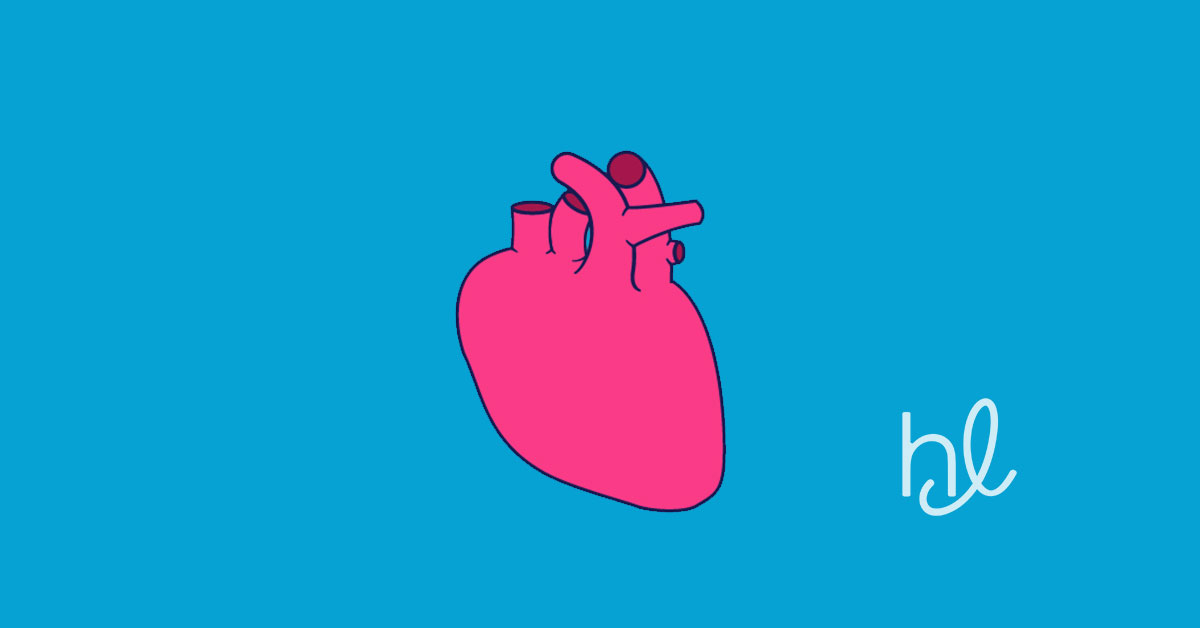'Wellness' Is Code for Diet. I'm Not Falling for It Again.
Health and wellness touch each of us differently. This is one person's story.
I fell for it again.
'Are you here for the Wellness Clinic?' the receptionist asked. The sign-in sheet on the clipboard said Weight Loss Clinic. I went in with my guard up.
As I rode the elevator down from my endocrinologist's office to the 'wellness' clinic, I studied the promotional poster. Diverse and relatable faces smiled from behind the plexiglass.
They said: My body is not like anybody else's… Why should my diet be?
It was a seductive concept to a lifelong dieter. I walked in there stuck in the fear I would never have the body I'm 'supposed' to have, one that would process foods correctly and produce the 'right' amount of hormones.
The clinic's marketing material used all the right terms to hook me into believing this program was something different — a customized, evidence-based, physician-managed 'fat loss program.'
Fat is what we can all agree to loathe, right? Not our bodies, not their vulnerabilities, only their fat cells. Especially if we can all just agree those malevolent fat cells are to blame for type 2 diabetes.
The trouble is, I had been working so hard to not hate my fat — and to not blame it or myself for having diabetes
I had discovered Health At Every Size (HAES) — a movement to end weight stigma based on the principles that size is not a proxy for health, and human bodies are inherently diverse in shape and size — and started to believe my value as a person isn't dependent on the shape and size of my body.
But the doubts induced by diet culture are so persistent.
In 'Bad Feminist,' Roxane Gay wrote, 'People need an explanation for how a person can lose such control over her body.' I've given up dieting a hundred times before, but I, too, still catch myself needing to explain how these fat cells got so beyond my control.
So I spent two months in a 'diabetes management program' in which my goal was to manage diabetes, while their goal was deeply concealed behind language about health risks and wellness.
Diet companies are cluing in to the ways weight loss has become closely associated with failure and are attempting to circumvent that by changing their language
Last fall, Weight Watchers rebranded itself WW, and announced intentions to be more focused on wellness than on weight.
I wondered if they would still be weighing members at every meeting or if they had found another way to quantify wellness.
I have plenty of experience with Weight Watchers… and South Beach, Atkins, Mayo Clinic, anti-inflammatory, Zone, DASH, and dozens of others which weren't popular enough to be a household name.
Many of my diets were based on recommendations by doctors and books aiming to prevent, manage, or cure type 2 diabetes.
I have lived with type 2 diabetes for nearly 15 years, and the blaring message from medicine and media has always been, 'LOSE WEIGHT.'
I wasn't surprised to be referred by my endocrinologist to the new clinic for information on their specially formulated nutritional shakes. I was surprised, however, to be told it wasn't about weight loss, but about wellness.
My appointments at the clinic were fraught with cognitive dissonance. I walked into a space of undeniable body judgement, went straight to the scale, positioned myself for body composition analysis.
I'd then hover over a flimsy plastic chair while my coach interpreted the data into 'good,' 'could be better,' and 'what have you been eating?' There was no discussion of blood sugar unless I brought it up.
If weight loss wasn't the objective, why did they weigh me? Why the request to take a 'before' picture?
Clearly the program was meant to change the way I look. They didn't ask to take a 'before' picture of my glucose monitor
I asked my coach how this program would work long-term, and she said I could add back some carbs to my diet eventually, but 'it's a lifestyle.' (Caution! 'Lifestyle' is like 'wellness' — a euphemism for diet.)
Fundamentally, all diets are short-term unless you plan to be on the diet for life.
Could I do this for a few months, feel great, and not want candy bars anymore? Could my diabetes be cured so I can just live longer and feel better?
Maybe when you have diabetes, a 'diet' is long-term. I ate a candy bar on the way home just because I knew they would be off-limits the next day.
This is what my new 'lifestyle' looked like: a shake with fruit at breakfast; a shake, one piece of bread with butter, three eggs, and a cup of vegetables for lunch; 3 ounces of meat, a cup of veggies, and 1/2 cup of pasta for dinner.
Yes, this is a diet.
I told myself 'this is working' because I had seen moderate improvement in blood sugar control. I told myself 'this is not working' because the changes in my body mass and composition were either extremely subtle or contradictory from one appointment to the next.
But like with all diet attempts before, I soon felt bad about myself and looked for ways to explain how I had failed
I left the second appointment feeling bad about myself because I had gained 2 pounds — but it was 2 pounds of muscle so supposedly a metabolic win.
I left the fourth appointment feeling bad about myself because although I had lost 4 pounds, it was 4 pounds of muscle, not fat. Why couldn't I just control which types of cells in my body grew or disappeared?
The only consistency is that I left each appointment feeling bad about myself, knowing no program would ever 'work' unless I committed to being hungry, obsessed, miserable, and perfect.
And no coach would ever tell me, 'I can't take your money because this won't work for you.'
By participating, I consented to the explanation held by the medical professionals, diet coaches, and myself: I failed at weight loss because I didn't try hard enough.
After two months on the program, I had lost a few pounds, seen moderate improvement in my blood sugar, but was completely burned out on the fog of negativity around me.
I walked out of the clinic, knowing it was the last time I would leave there feeling bad about myself. I saw the same before/after poster in the elevator and felt triumphant — because I did not consent to add my face to the propaganda.
Anna Lee Beyer writes about mental health, parenting, and books for Huffington Post, Romper, Lifehacker, Glamour, and others. Visit her on Facebook and Twitter.
-
 6 interesting genetic traits that children will inherit from their parents
6 interesting genetic traits that children will inherit from their parents
-
 7 effects of asparagus on child development
7 effects of asparagus on child development
-
 Does cutting blood hair for babies bring good luck?
Does cutting blood hair for babies bring good luck?
-
 The more babies eat, the higher the height they develop, especially the second kind
The more babies eat, the higher the height they develop, especially the second kind
-
 Children with chicken pox should eat to quickly recover from the disease, without leaving a deep scar?
Children with chicken pox should eat to quickly recover from the disease, without leaving a deep scar?
-
 The more food is cooked, the better it can be for health, especially the second type
The more food is cooked, the better it can be for health, especially the second type
-
 Stop Telling Chronically Ill People to 'Stay Positive'
Stop Telling Chronically Ill People to 'Stay Positive'
-
 Cancer Is Depressing. So Why See a Therapist?
Cancer Is Depressing. So Why See a Therapist?
-
 How Do I Cope with 'Chemo Brain' Without Feeling Ashamed?
How Do I Cope with 'Chemo Brain' Without Feeling Ashamed?
-
 What a Daily Collagen Protein Shake Can Do for Your Skin and Bones
What a Daily Collagen Protein Shake Can Do for Your Skin and Bones
-
 Anoro: Side Effects, Dosage, Cost, and More
Anoro: Side Effects, Dosage, Cost, and More
-
 Traveling Sick: Tips for Flying with a Cold, Sick Child, and More
Traveling Sick: Tips for Flying with a Cold, Sick Child, and More






























